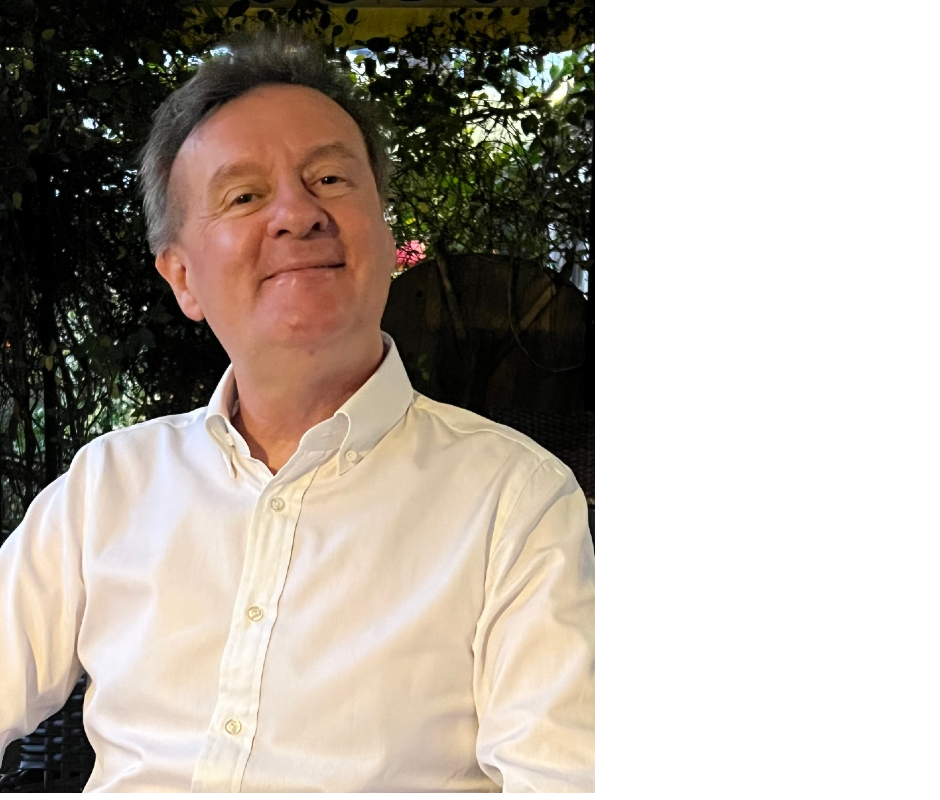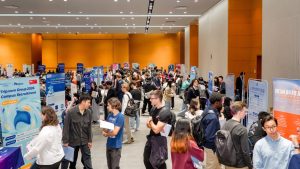2023-10-18
5:30 PM - 7:00 PM
IR – G16, SIP South Campus
Date and Time
- Time:5:30pm – 7:00pm
- Date:Wednesday, 18th October
- Venue:IR – G16, SIP South Campus
- Language:English
- Speaker:Professor John Dennis
Abstract
My PhD supervisor Harry Kroto and two of his co-workers won the 1996 Nobel Prize for Chemistry for a discovery they had made 11 years earlier in 1985. This was the discovery of the “fullerenes” – a new and unexpected form of the most important element in chemistry – carbon. An element chemists thought they knew more about than virtually any other.
This discovery would eventually give birth to a new field of science – Nanotechnology. However, it was 5 long years before this would happen. At the time of the discovery only a billionth of a gram of material was made at a time, and it only fleetingly existed for the duration of the experiment – perhaps a thousandth of a second. As such, experimental research interest in this new material was meagre.
5 years after the discovery (in 1990) a breakthrough was achieved by two physicists working in an unrelated field. They were able to synthesize fullerenes in gram quantities. With this, scientists were able to hold the material in their hands, and an explosion of research interest took place.
I started my PhD research on fullerenes a few days before this explosion took place. With the material now available, it became vitally important to show that this new material was as important as it had initially seemed – i.e., to prove its discoverers should be awarded the Nobel prize. This involved doing a lot of hard work very quickly.
This lecture will recount the events that led up to the discovery and the events that led up to the 1990 break-through – and, from a personal perspective, recount what it was like to be a PhD student caught up in, and swept along by, the resulting explosion of research interest and the birth of nanotechnology (from someone who was there).
Scan the QR code for live-streaming

Speaker

John Dennis
Professor of Chemistry at the School of Science
Prof. John Dennis gained his D.Phil. from the University of Sussex in 1993 under the supervision Harry Kroto. After publishing 30 papers in 3 years as a graduate student (including three in Nature), all his postdoctoral Research was conducted under internationally competitive personal research fellowships (from the Australian Research Council, The Japan Society for the Promotion of Science and the Alexander von Humboldt Foundation). He then gained tenure at Queen Mary University of London in the Department of Chemistry in 1999 and transferred to the Physics Department at the same institution with a promotion to a professorial position in 2005.
He joined the department of Chemistry at XJTLU in October 2022. Immediately before this he worked as Professor at Zhejiang University for two years, being brought to China via a 'High-Level Foreign Expert Award' from the Zhejiang Province 1000 Talent Plan in 2020. He has published almost 100 papers on fullerenes that average over 80 citations per paper, generating an h-index of 42.







